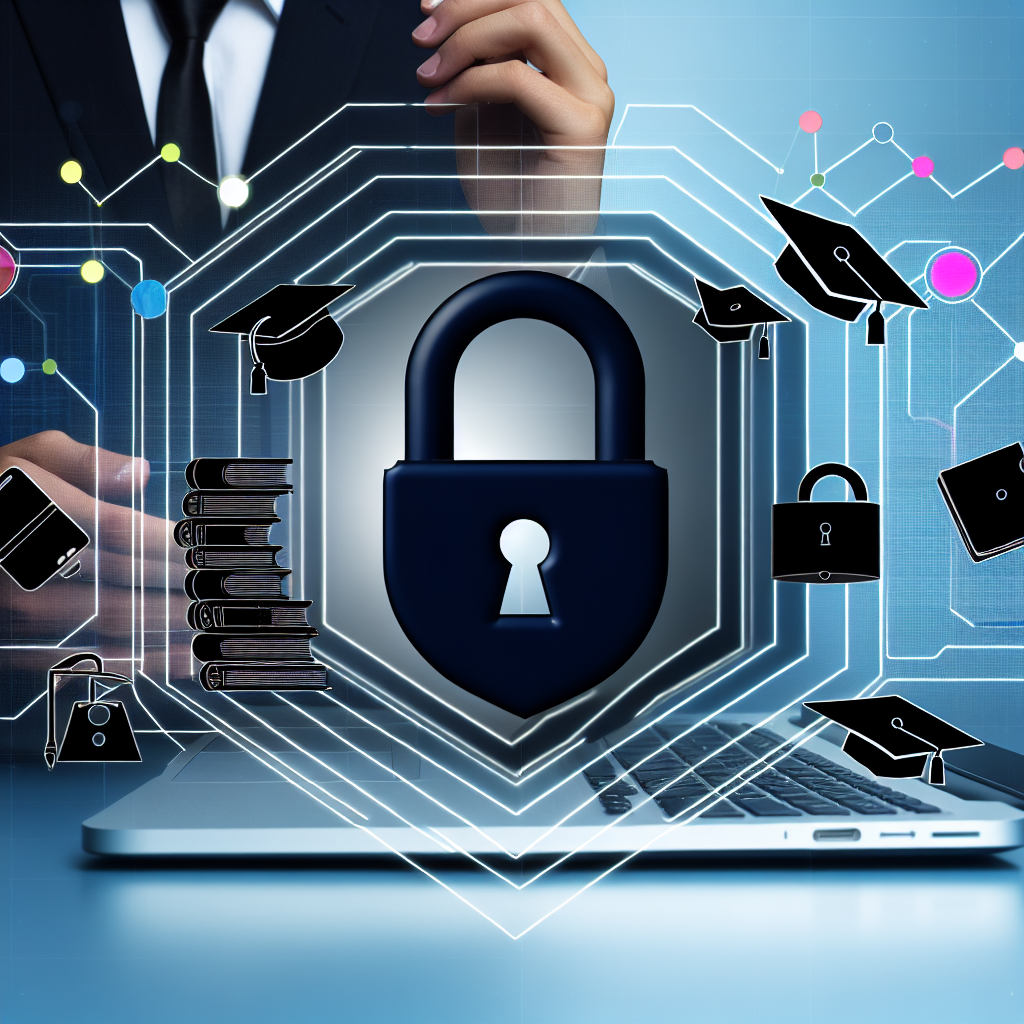
Content Licensing in Edtech: Protecting Educational Materials
Introduction
As the education technology (Edtech) landscape continues to evolve, the need for effective content licensing becomes crucial in protecting educational materials. Institutions and professionals involved in Edtech must understand legal frameworks and best practices to safeguard their intellectual property. This article will explore the intricacies of content licensing in Edtech, emphasizing strategies to protect educational assets while fostering innovation and access. At The Consultant Global, our extensive expertise ensures we guide businesses through compliance and legal challenges specific to the Edtech sector.
Understanding Content Licensing in Edtech
Content licensing refers to the legal permissions granted to users to access, use, or distribute educational materials. In Edtech, this involves various materials such as online courses, software, videos, textbooks, and more. Accurate licensing agreements not only protect the rights of content creators but also define how users may interact with these resources.
The Importance of Content Licensing
- Intellectual Property Protection: Licensing helps secure the creator’s rights over their educational materials, preventing unauthorized use and potential infringement.
- Compliance with Regulations: Edtech providers must comply with various legal frameworks that govern the use of educational resources, ensuring they operate within the law.
- Innovation and Collaboration: Well-structured licensing agreements can promote collaboration among educational institutions, allowing them to share resources while maintaining control over their intellectual property.
Legal Frameworks Governing Content Licensing
U.S. and U.K. Regulations
In both the United States and the United Kingdom, several laws govern copyright and content licensing. Understanding these regulations is imperative for Edtech entities aiming to protect their services and materials.
- Copyright Law: Copyright laws grant creators exclusive rights to their works. Both U.S. and U.K. copyright laws recognize the importance of protecting educational materials, requiring licenses for any reproduction or distribution.
- Fair Use and Educational Exceptions: In the U.S., the doctrine of “fair use” allows limited use of copyrighted materials without permission under certain circumstances. Educators must understand these exceptions to avoid potential infringements.
- Licensing Models: Various licensing models, including Creative Commons licenses, provide frameworks around which educational materials can be shared while still protecting the creator’s rights.
Perspectives from the UAE
The UAE’s rapid advancement in technology and education brings a unique perspective on content licensing. As developers and educators create innovative digital resources, understanding local regulations and ensuring compliance with international standards becomes essential. The UAE emphasizes intellectual property rights protection, encouraging local businesses to adhere to global best practices.
Best Practices for Protecting Educational Materials
1. Develop Clear Licensing Agreements
Creating clear and concise licensing agreements is fundamental in safeguarding educational materials. This should include:
- Definitions of the content being licensed
- Permitted uses and restrictions
- Duration and scope of the license
- Payment terms, if applicable
2. Utilize Technology for Monitoring and Compliance
Investing in technology to monitor the use of educational materials can help ensure compliance with licensing agreements. Solutions may include digital rights management (DRM) tools, which help track and control access to copyrighted material.
3. Educate Stakeholders
Regular training sessions can help educators and users understand the importance of licensing. This, in turn, fosters a culture of respect for intellectual property within educational institutions.
The Role of The Consultant Global
At The Consultant Global, we bring unparalleled expertise in navigating the complex landscape of content licensing in Edtech. With our in-depth experience in international, government, and private sectors, we effectively assess the unique needs of our clients, tailoring strategies that protect educational materials while driving innovation.
Cultural Competence and Language Skills
We pride ourselves on our ability to work in a multi-cultural environment, drawing insights from diverse perspectives. Our language proficiency in English, Turkish, Azerbaijani, Russian, and French enhances our ability to engage with clients globally and tackle challenges in various jurisdictions.
Conclusion
As the Edtech industry continues to grow, so too do the legal considerations around content licensing. Institutions must protect their educational materials through well-structured licensing agreements, compliance with local and international regulations, and a commitment to continuous education for all stakeholders. With The Consultant Global as your trusted advisor, you can confidently navigate the complexities of content licensing, ensuring your educational resources remain safeguarded and compliant. Let us elevate your Edtech capabilities and propel your business towards success.




Leave a Reply